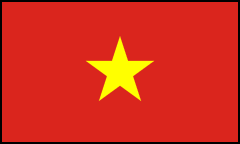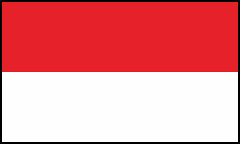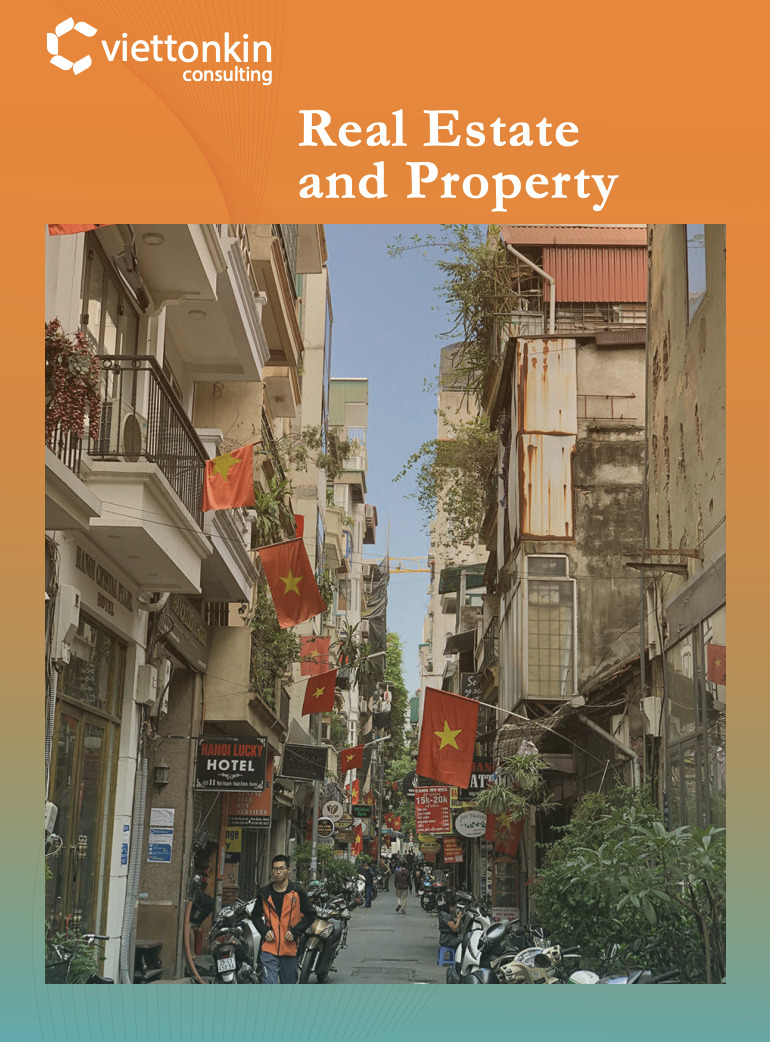Indonesia becomes increasingly popular with investors who want to enter the Asia market. Currently, Indonesia is the 16th largest economy in the world (2019), causing many foreign investors to set their eyes to expand their business to Indonesia. Entering the Indonesia market sooner or later will offer significant results in the investment.
The sooner you enter the Indonesia market, the more possibilities you have to capitalize on the growing market potential before your competitor enters. Here are the lists of business opportunities in Indonesia:
- Consumer-related market opportunities continue to lead growth in the world’s fourth-largest country, and expansion in the retail, health, education, telecom, and financial services sector has boomed in the last few years. The Indonesian consumer is ranked as one of the most confident in the world, and 50% of Indonesia’s 253 million citizens are under the age of 30.
- A competitive and expanding banking market offers significant opportunities for IT and banking equipment, software and technology providers.
- Important opportunities outside of Jakarta remain present in energy and agribusiness equipment and services. The Government of Indonesia has announced its intention to increase electricity generation by 35,000 MW by 2019 and growth in power generation projects, conventional and renewable, and including IPPs, is expected to continue for the next decade.
- Emerging opportunities include palm oil, biofuel processing, clean energy and technology to improve local production capacity, and green building products and services.
If there are opportunities, there must be challenges too. When you want to expand your business to Indonesia, the market can be challenging. The complex bureaucratic and regulatory requirements can be quiet time consuming to enter the market. Here are the lists of potential challenges we list for you:
Infrastructure and service network
Indonesian infrastructure and service networks have not been developed or maintained to keep pace with the booming consumer-led economy, causing increased transaction costs and inefficiencies that hamper exporters and investors.
Requirements
Deregulation has successfully reduced some barriers, but non-tariff barriers remain wide-spread and the bureaucracy can still be cumbersome. Laws are often opaque or conflicting. Indonesia has begun to implement local content requirements that prevent some products from being sold in Indonesia.
Corruption
Although significant anti-corruption measures have been undertaken by the Indonesian government, corruption remains a concern for many businesses looking to operate within Indonesia. Companies are recommended to have a solid due diligence process in place and to consult with. commercial service prior to signing up agents and distributors.
Different regulation and law
Although improving, significant rule-of-law issues persist. Formal dispute settlement mechanisms are not considered effective, and business and regulatory disputes, which would generally be considered administrative or civil matters in the original country, may be considered criminal cases in Indonesia. International arbitration is widely discouraged by the government of Indonesia.
Do you want to know more about Indonesia? Email us!






